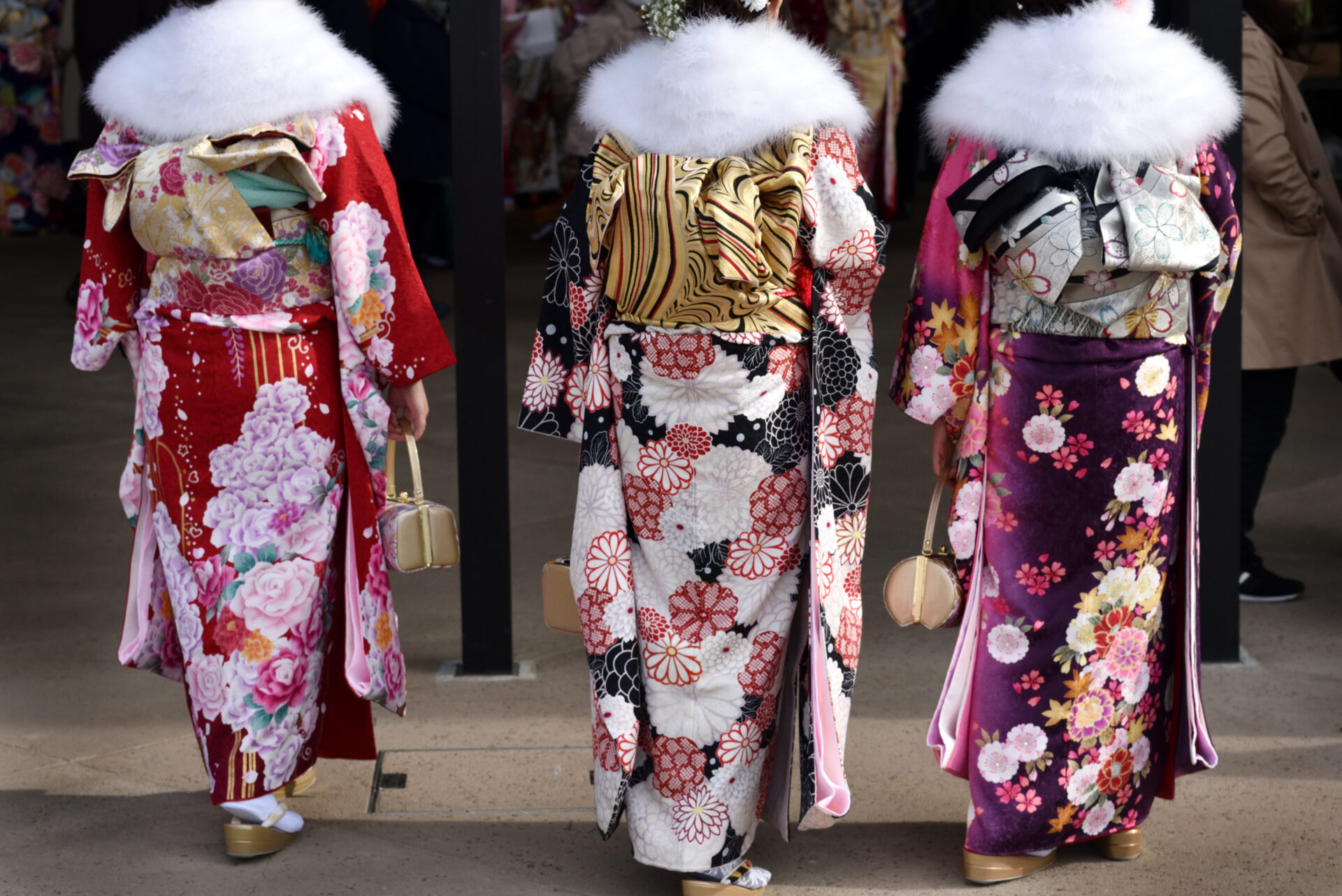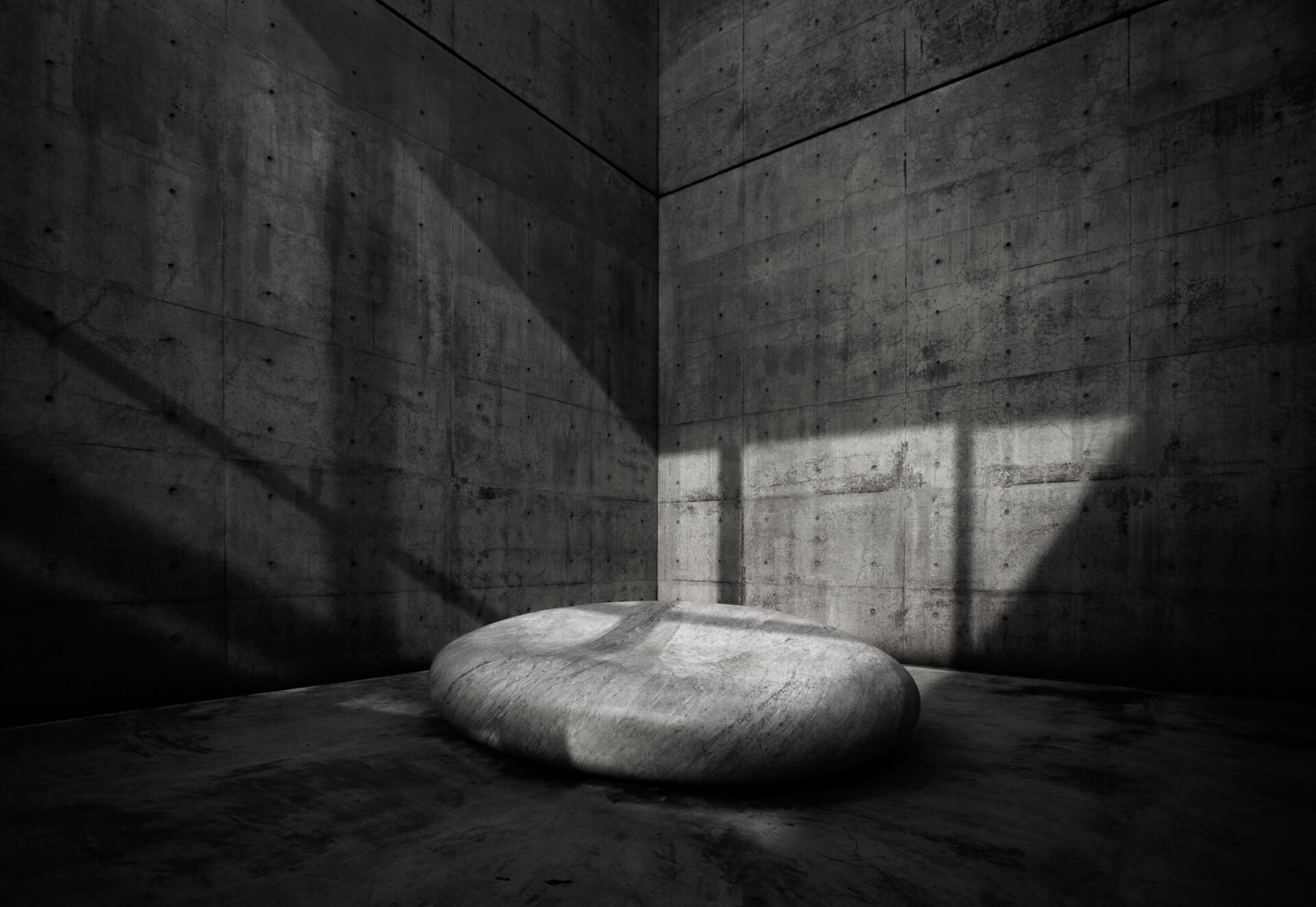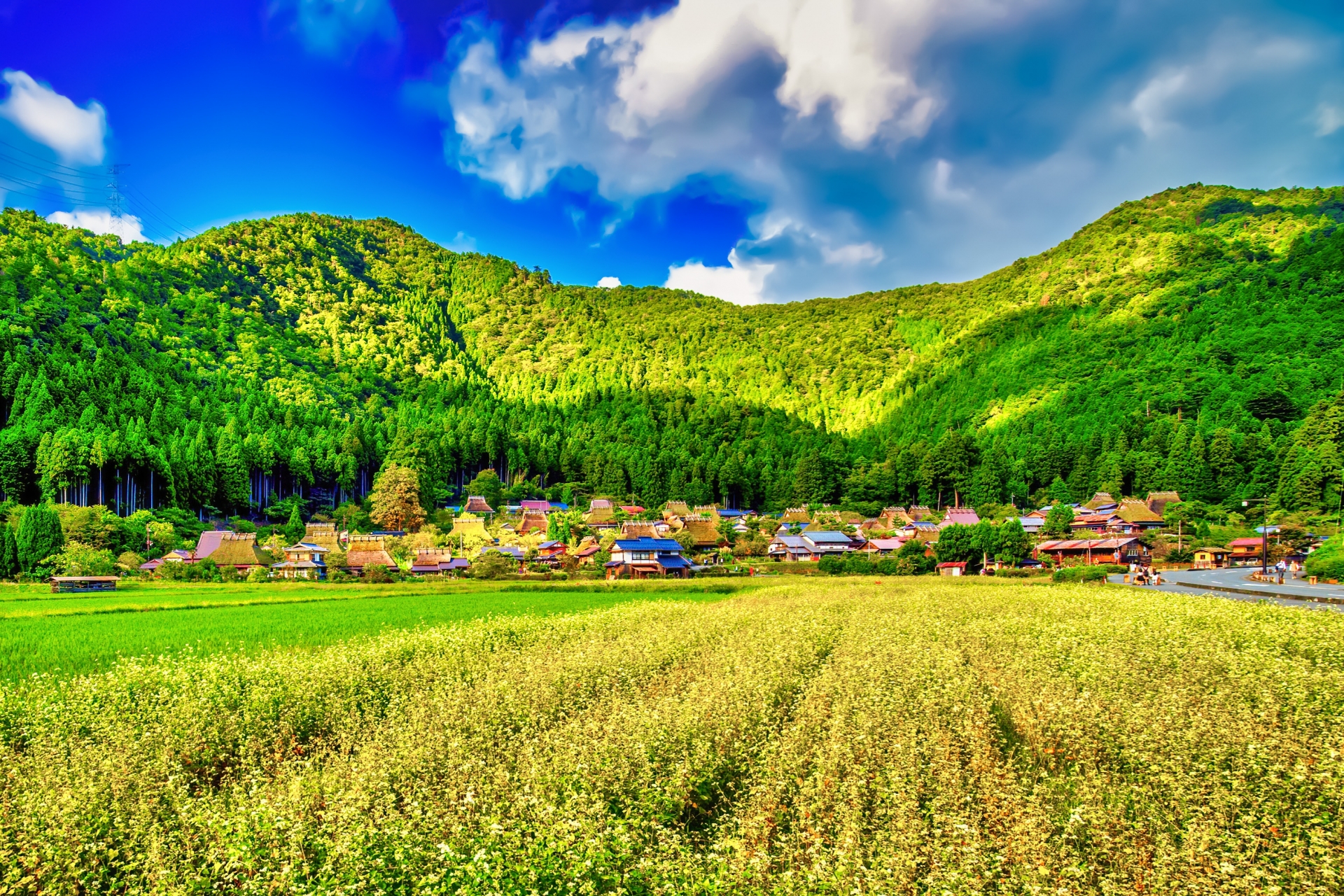As the year comes to an end, many are excited to celebrate events like New Year’s Eve, and Christmas. However, for those in Japan, there is another important holiday that emerges during this time. In January each year, seijin no hi (Coming of Age Day) is celebrated by people throughout Japan for those turning 18 to 20 years of age (depending on the municipality). Originally, this day was reserved for those turning 20, however recent changes introduced by the Japanese government has resulted in some areas changing the age of celebration to 18. Hatachi no Tsudoi (20th Anniversary Gathering) is the term used for the areas in Japan that have chosen to preserve the original celebration age. Throughout this article, we will explain the importance of this day and everything you need to know on how to celebrate it.
Official Website: Kimono Rental Wargo
What is Coming of Age Day?
Most countries have a certain age that represents the transition from adolescent to adult. Typically, this age is around 18 to 21, and is associated with the ability to do things like purchase alcohol or vote. In Japan, this Coming of Age Day is held on the second Monday of January every year to congratulate those who will turn 18 to 20 between April 2nd of the previous year and April 1st of the current year. This important day represents the day that they officially become adults within Japanese society. Once you turn 20 in Japan you are legally allowed to smoke, drink, and gamble! Voting rights used to come with turning 20 as well, but the voting age has since been changed to 18.
The history of Coming of Age Day
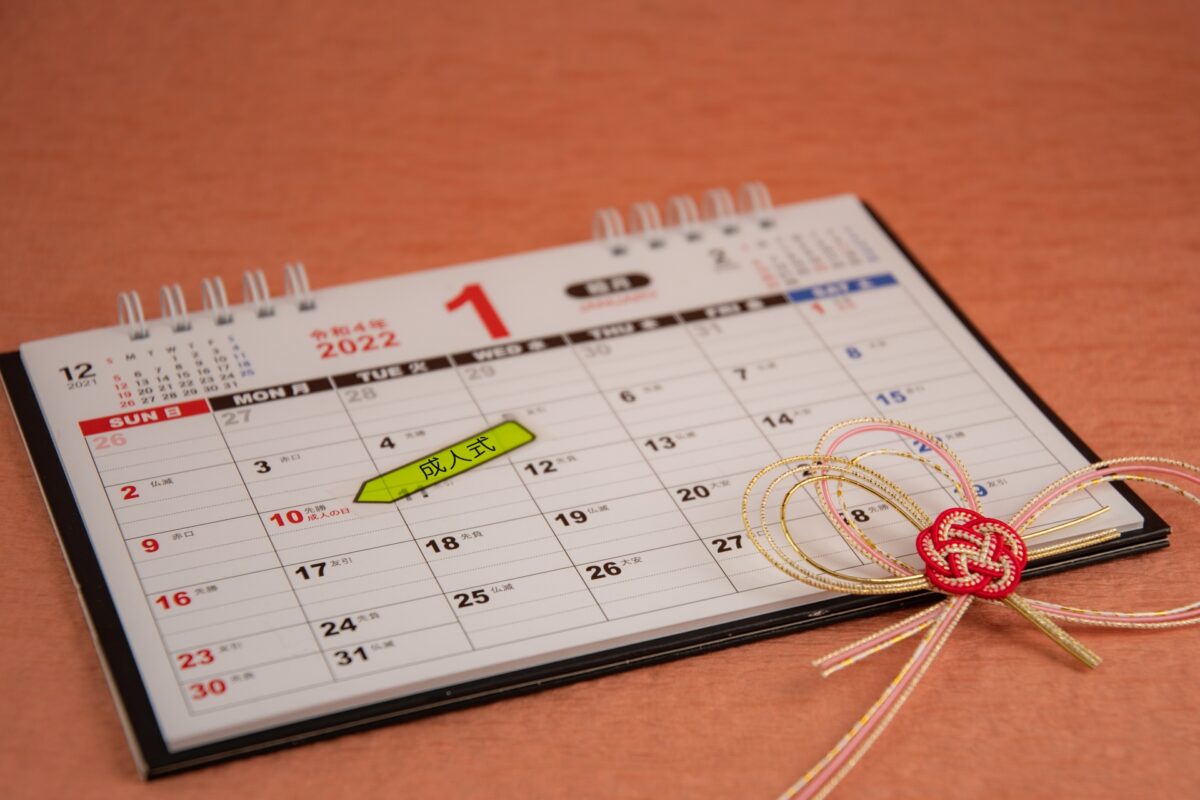
It is said that coming of age ceremonies date all the way back to 714 AD, when a young prince adorned a fancy new robe and special hairstyle to mark his passage into the adult world. The holiday was only established and made into a national holiday somewhat recently in 1948. During this time, it was decided that the national holiday would be held each year on the 15th of January, however, this was soon changed to Monday in 2000 as a result of the Happy Monday System.
Traditional Outfits
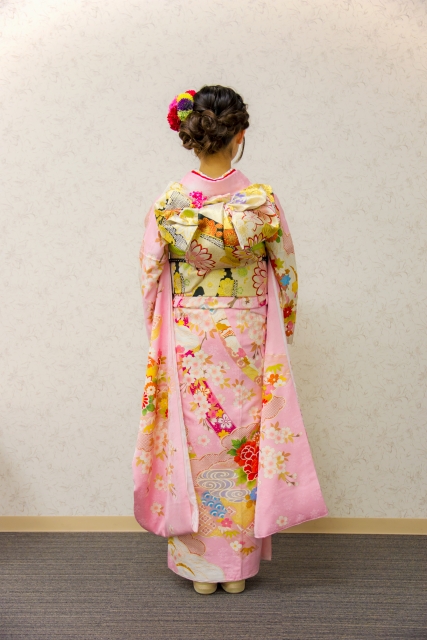
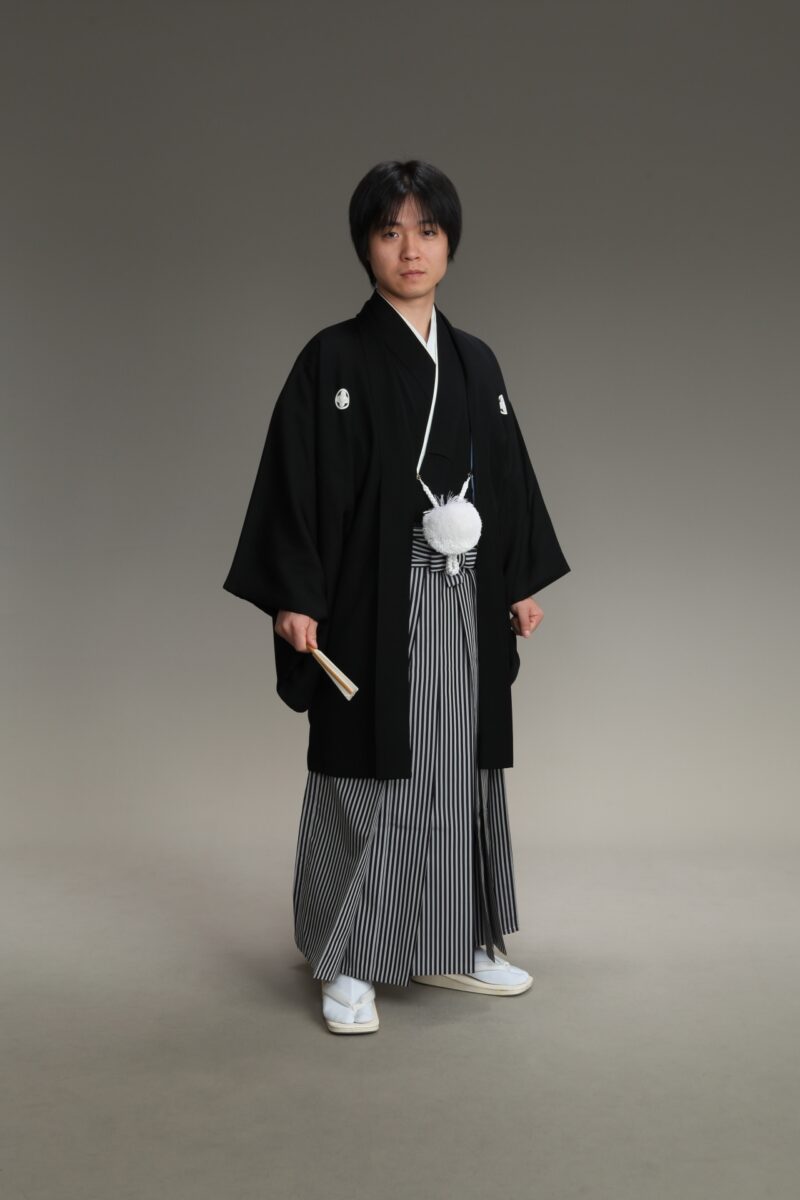
While kimono are an iconic part of Japanese culture, It is somewhat rare to come across people wearing them outside of special occasions like festivals and weddings, or at popular historic tourist destinations. However, on this particular day, you are likely to see cities and towns flooded with young men and women wearing kimono to celebrate their coming of age. It is common for the women celebrating Coming of Age Day to wear kimono known as furisode, a formal style of kimono equipped with long sleeves. This outfit is also accompanied by well-styled hair and traditional Japanese sandals. That being said, kimono are not cheap by any means, so it’s common to use one passed down by a family member or rent one for the occasion. Without years of practice, it’s nearly impossible to put a kimono on by yourself, so most people visit a beauty salon beforehand to help them put on and style their kimono.
As for the men’s attire, it used to be tradition to wear a formal kimono called montsuki haori hakama, which is a combination of a full length garment, a pleated and divided Japanese skirt for men, and a traditional half coat. Although some still dress this way, it’s much more common for men to wear a formal Western-style suit and tie.
How is Coming of Age Day celebrated?
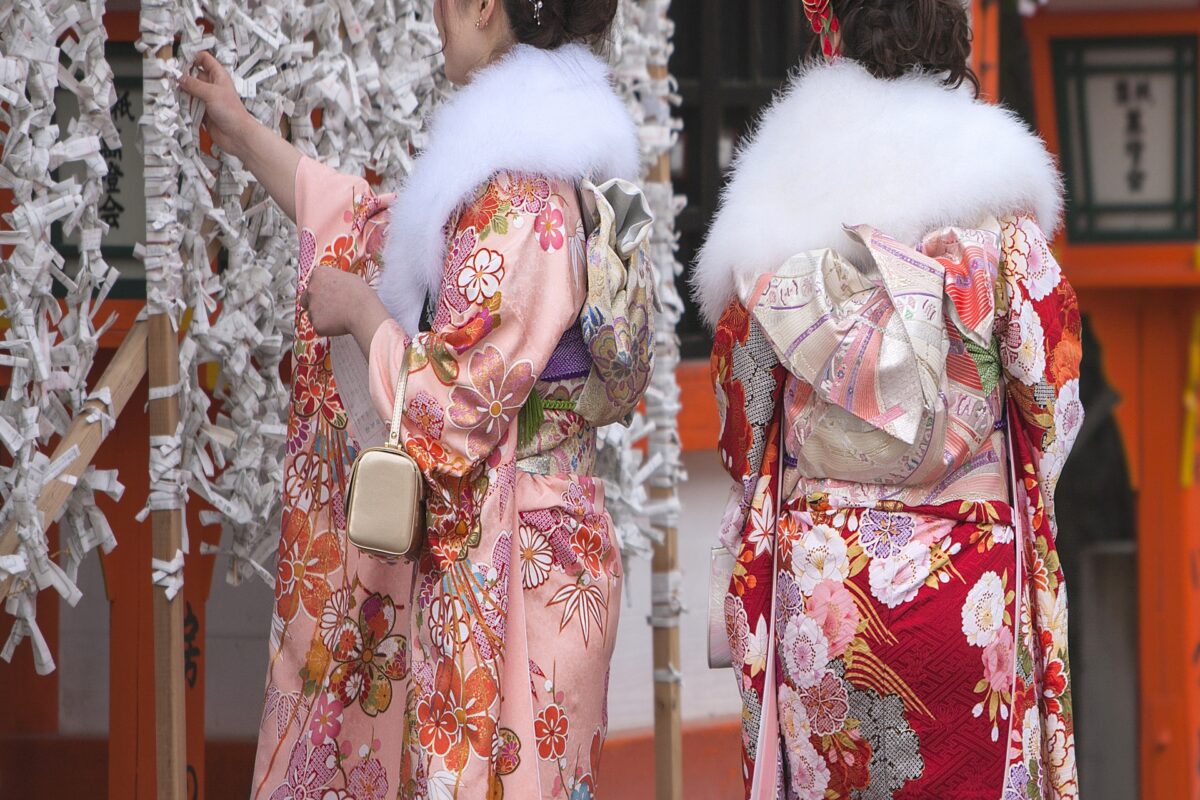
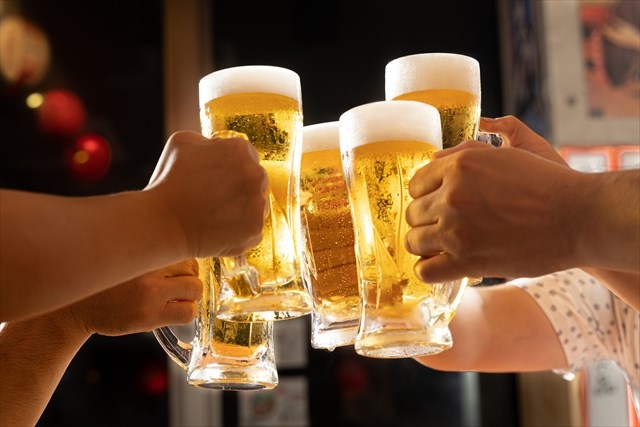
There is a ceremony held in every municipality across Japan, meaning that all residents or those registered at their local city hall are welcome to join the local festivities! The ceremonies are typically held during the late morning at a city hall, community center or school gym. Typically the mayor of the city, or someone of high status from the area will give a speech to the new adults, reminding them of how far they’ve come and the new responsibilities that await them.
After the ceremony, people will go to a local shrine along with their families to pray for success and good health in the years of adulthood ahead of them. And of course, there are loads and loads of pictures taken with both family and friends. Since it’s such a special occasion, families will sometimes hire professionals to take photos at a studio or shrine to document this unforgettable milestone.
Many people also attend afterparties at restaurants and izakaya where they can finally celebrate and have a legal drink with their friends and family.
Regional differences
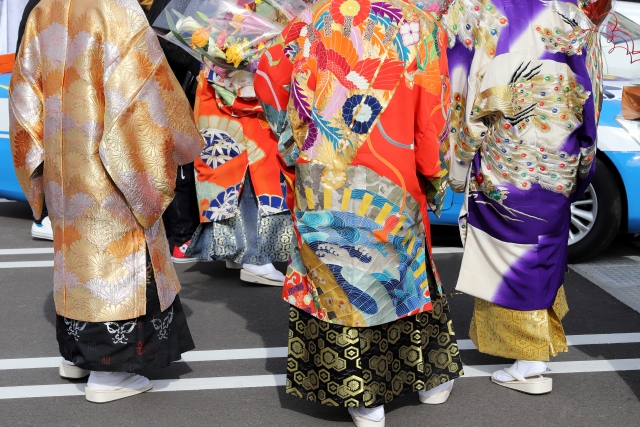
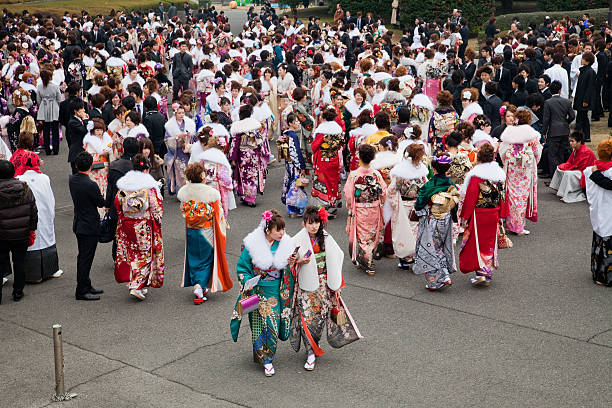
Coming of Age Day differs depending on where you are in Japan. But for the most part, young adults tend to attend this coming of age ceremony in their hometown.
In Tokyo, some of the biggest ceremonies are held in Shibuya, Shinjuku and even at Meiji Jingu Shrine. In Urayasu city in Chiba prefecture, the ceremony is held at Tokyo Disney Resort, where the lucky people of Urayasu have the opportunity to celebrate with various Disney characters! Those from Narita City use the Narita International Airport for their ceremony.
Down south in Kitakyushu, Fukuoka prefecture, lots of young adults dress up in flashy outfits to mark their entry into adulthood. A lot of their outfits display elements that resemble certain subcultures such as biker gangs or yankee delinquents. People often describe it as a sea of halloween costumes.
Coming of Age Day is celebrated by many young adults and is a very important day throughout the country. Whether you’re actually coming of age, are celebrating someone coming of age, or simply want to witness and enjoy the festivities, this is a great way to see a significant aspect of Japanese culture.
Kimono Rental in Japan
It doesn’t have to be a special occasion like Coming of Age Day for you to get fancy and dress up in a kimono. It’s a lot of fun to wear a kimono and go out and take some beautiful pictures whether you’re with your significant other or with friends. Kimono Rental Wargo is the best when it comes to kimono rental with locations all over Japan, affordable prices, and a wide selection of sizes and patterns. They even offer same day online reservations and walk-ins!
Book your plan below:
Japan Wonder Travel Tours
Japan Wonder Travel is a travel agency that offers guided tours throughout Japan.
From private walking tours to delicious Food and Drink tours, we can help you organize the best tours just for you! If you want to explore Japan and learn more about the history and backstories of each area you are visiting, our knowledgeable and friendly English speaking guides will happily take you to the best spots!
In addition, we can provide you with any assistance you may need for your upcoming trip to Japan, so please feel free to contact us if you have any questions or need some help!
▶Tokyo Tsukiji Fish Market Food and Drink Tour
Explore the most lively and popular fish market in Tokyo and try some of the local’s favorite street foods and sake with one of our friendly and knowledgeable English speaking guides!

▶Tokyo 1–Day Highlights Private Walking Tour (8 Hours)
There’s no better way to explore an area than taking a tour with a knowledgeable local guide. You will have the chance to learn about the history and interesting background stories of Tokyo, as well as discover some hidden gems which can be hard to do without a guide.
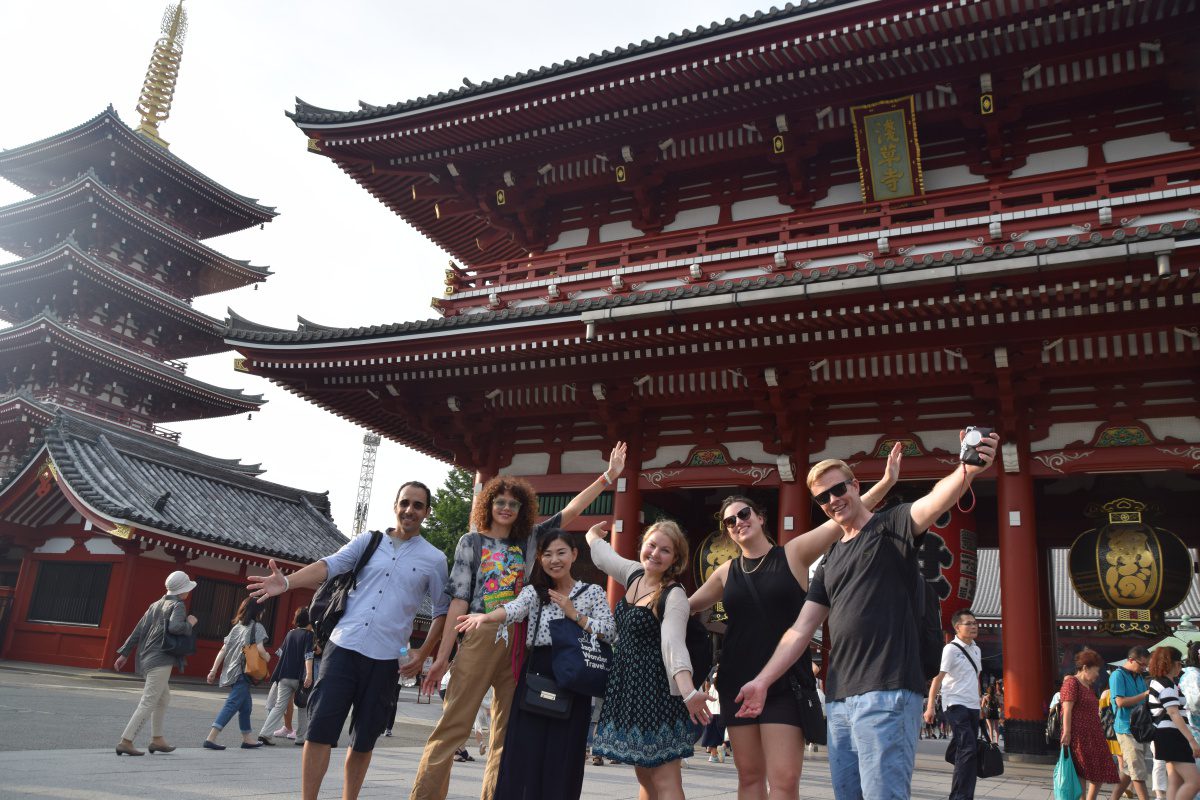
▶Mt. Fuji Day Trip Bus Tour from Tokyo
Experience the breathtaking views of Mt. Fuji by visiting the highlights of the area on our guided sightseeing bus tour! Departing from Shinjuku in central Tokyo, you can travel comfortably to all of the best spots in the area by bus.
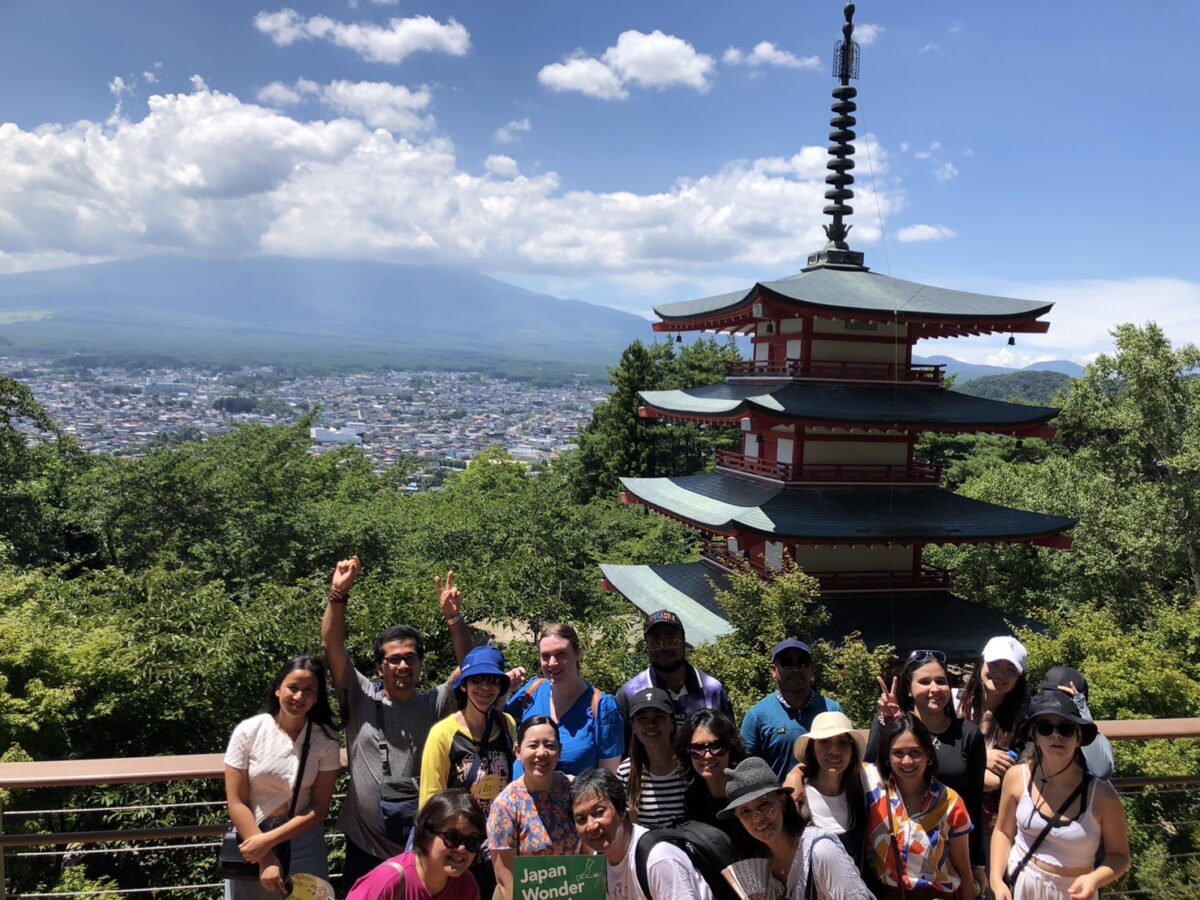
▶Kyoto Private Full Day Walking Tour
On this full-day private tour of Kyoto, you will be able to see the highlights of Kyoto in just one day and at the same time develop a deeper understanding of both the culture of the area and Japan as a whole.
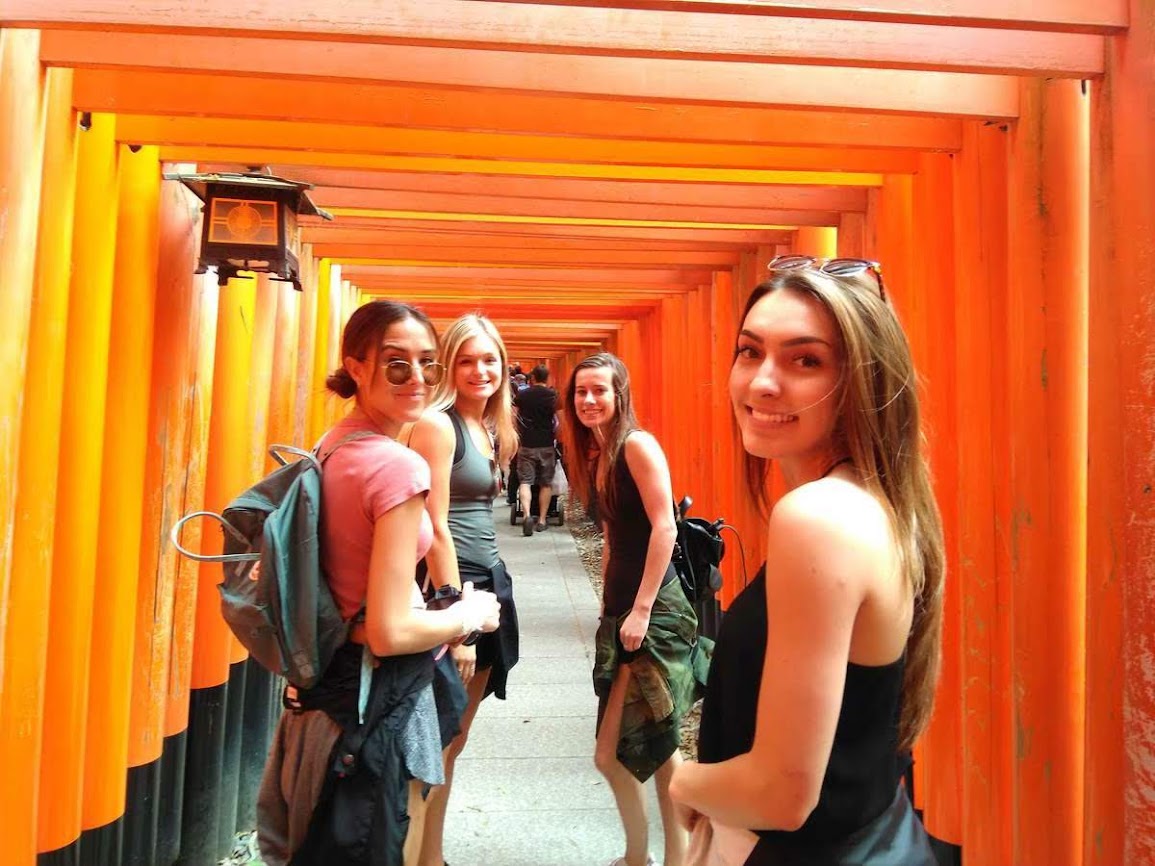
Follow us on Instagram, Facebook and Twitter for more travel inspiration. Or tag us to get featured!
Happy traveling!
Stay informed of the best travel tips to Japan, the most exciting things to do and see, and the top experiences to have with the Japan Wonder Travel Newsletter. Every week we will introduce you to our latest content.
Other articles you might like
This post may contain some affiliate links. When you click through and make a purchase we may receive some commission, at no extra costs to you.
